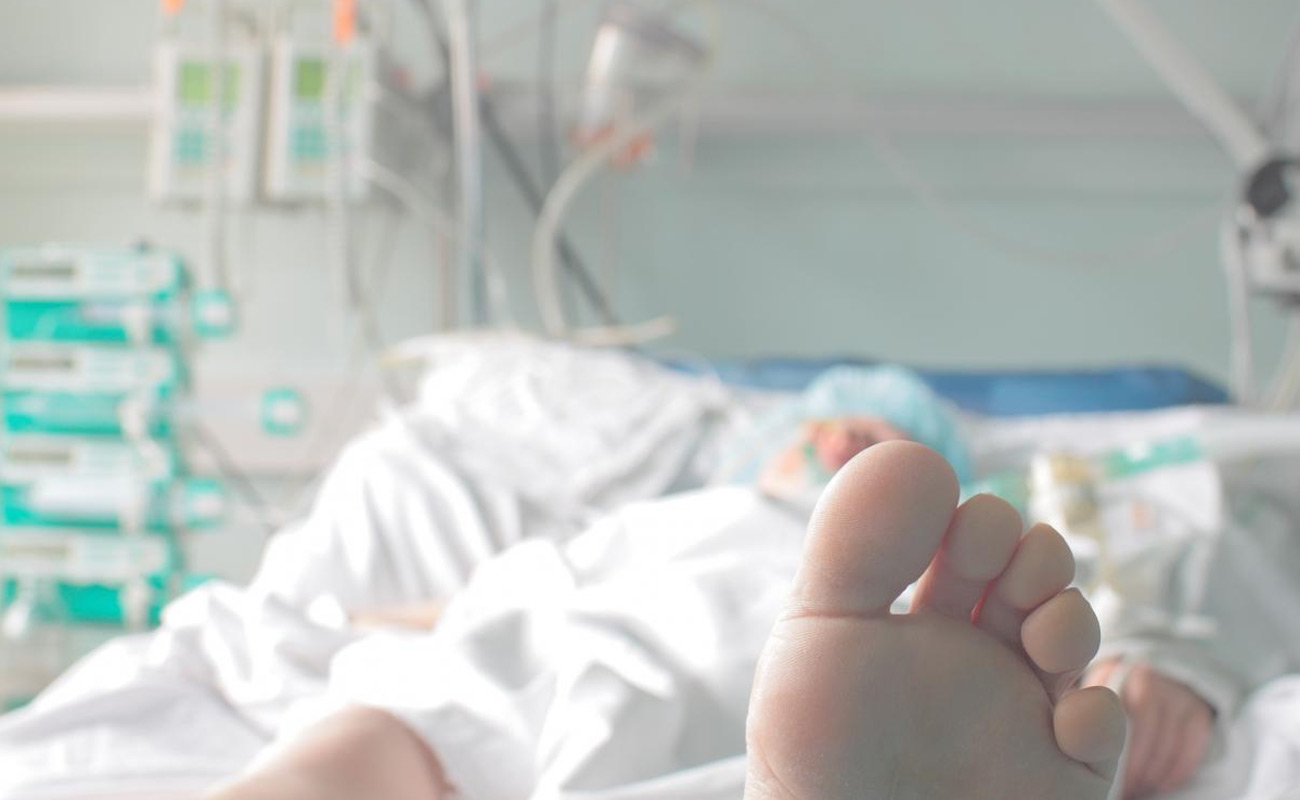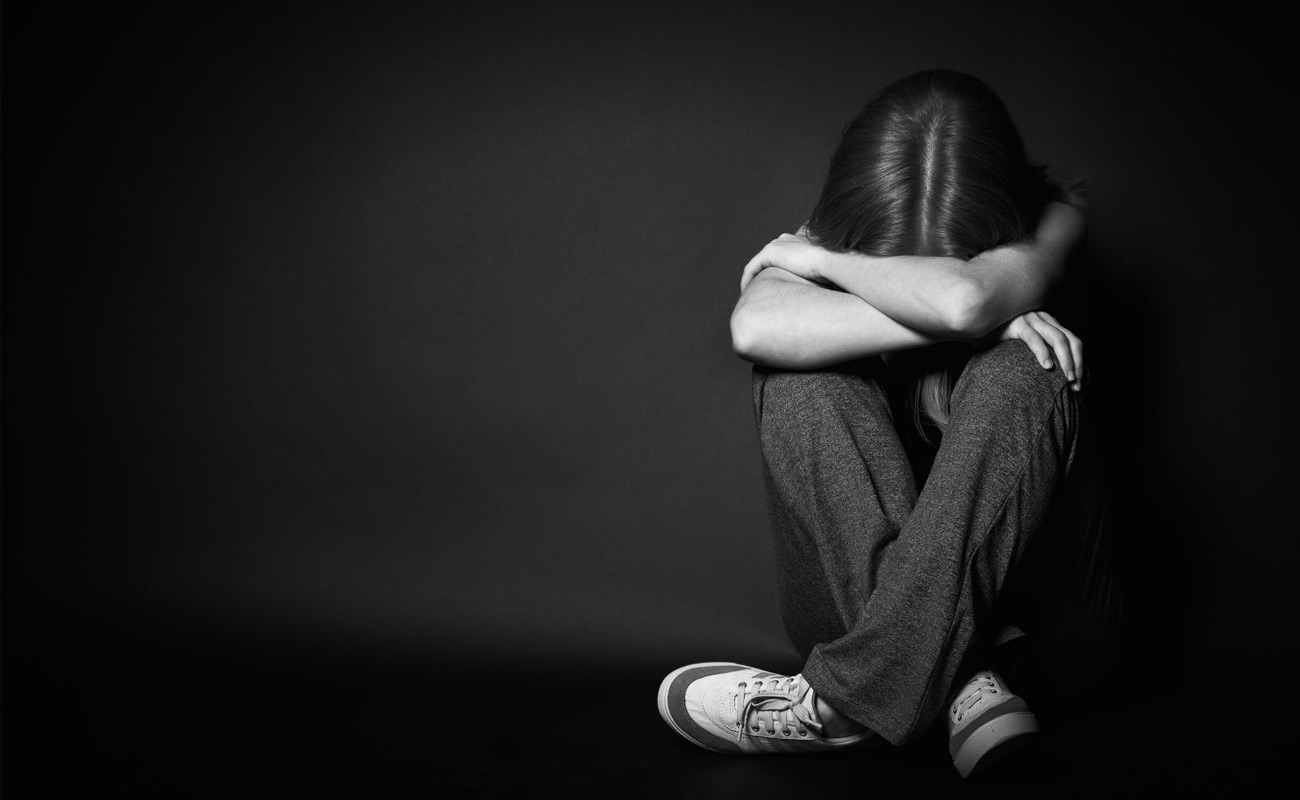Balloons and cards offer-or sometimes command-this well-meaning sentiment to patients in the hospital. Gifts of stuffed animals and flowers are showered upon people to provide comfort and cheer. But for some patients, nothing can help them feel better after leaving the operating room. Even as they recover physically, their mental health suffers as they experience sadness, fatigue or anxiety--all of which are symptoms of post-operative depression, a commonly experienced but little-known condition.
Depression following surgery is a frequent occurrence but not nearly as frequent a topic of conversation in the medical community. It can be credited to a number of physical factors after an operation, including reactions to anesthesia and narcotic painkillers, pain and discomfort, or an undetermined biological process. The type and severity of the depression can vary depending on the type of surgery performed, but according to HCPLive, post-operative depression is reported to occur more in coronary artery bypass graft (CABG) patients who smoke, are single, experienced anxiety before the surgery, have high levels of cholesterol and angina or more severe heart disease or are undergoing another CABG. Emotional triggers of post-operative depression can be credited to disappointment in the outcome of the surgery and a response to physical changes such as stitches or scars as well as resulting feelings of vulnerability and fear.

The most important factor in how someone feels about surgery after the fact is probably not how well the procedure was performed, but how well the patient is prepared to think and feel about the entire process. Talking with a surgeon or mental-health professional about details of the surgery and recovery can help provide some of that preparation, but talking with friends and family about their hopes and fears can help, too.

Certain surgeries are more likely to result in depression, including heart surgery, cancer surgery, bariatric surgery and brain surgery.
Those who are already suffering from depression, or who have in the past, or who have a family history of depression are most likely to experience post-surgical depression. Single people are more likely to suffer post-surgical depression, as are smokers.

Note that some of these physical symptoms are hard to distinguish from the after-effects of surgery -- since surgery can affect your sleep, appetite and energy -- but those that affect the emotions should definitely trigger an assessment by a mental health professional.
Stress, including emotional stress such as a diagnosis of illness, and physical stress such as surgery, can trigger depression. Physical conditions, including conditions that cause chronic pain, a shortened life expectancy or radical changes in lifestyle can also lead to depression. People with a family history or a personal history of depression may be more likely to develop depression in times of stress or illness.
While there are many people who are given a serious and life-altering diagnosis, depression does not affect everyone in the same way. Being aware of the signs and symptoms of depression is important so that it can be quickly identified and treated. For some individuals, family and friends may identify the signs of depression before the depressed individual.
If you or a loved one experience depression symptoms for two weeks or longer, seek a professional assessment immediately. The symptoms that are common with surgery, such as fatigue and feeling low on energy, typically improve as the recovery progresses.
Symptoms caused by depression are typically not improved with the surgery recovery. Two weeks is more than long enough to determine if the symptoms are improving with the passage of time or if they are more likely to be lingering.

If it turns out that you or someone you care about has these symptoms, and they have post-surgery depression, there are many things that can be done in order to alleviate this potentially serious issue. Dealing with post-operative depression is much like dealing with depression not associated with surgery, but is just a bit touchier given the fact that the patient is coming off the traumatic experience of surgery. The following real-life activities may be done in order to keep the patient out of their funk.
If you or a loved one is dealing with the one-two punch of having to go through a surgery, then deal with the depression associated with that major ordeal, there are many avenues to turn to for help. The power of positivity should never be underestimated, especially by those in this unique and unfortunate situation. If things get bad enough, don’t forget that there are countless options to explore, two of which are acupressure and group therapy. This course on treating depression with acupressure, as well as this course on cognitive behavioral group therapy for depression, may be helpful for the patient or those close to them to try to alleviate their pain.
Submit Comment